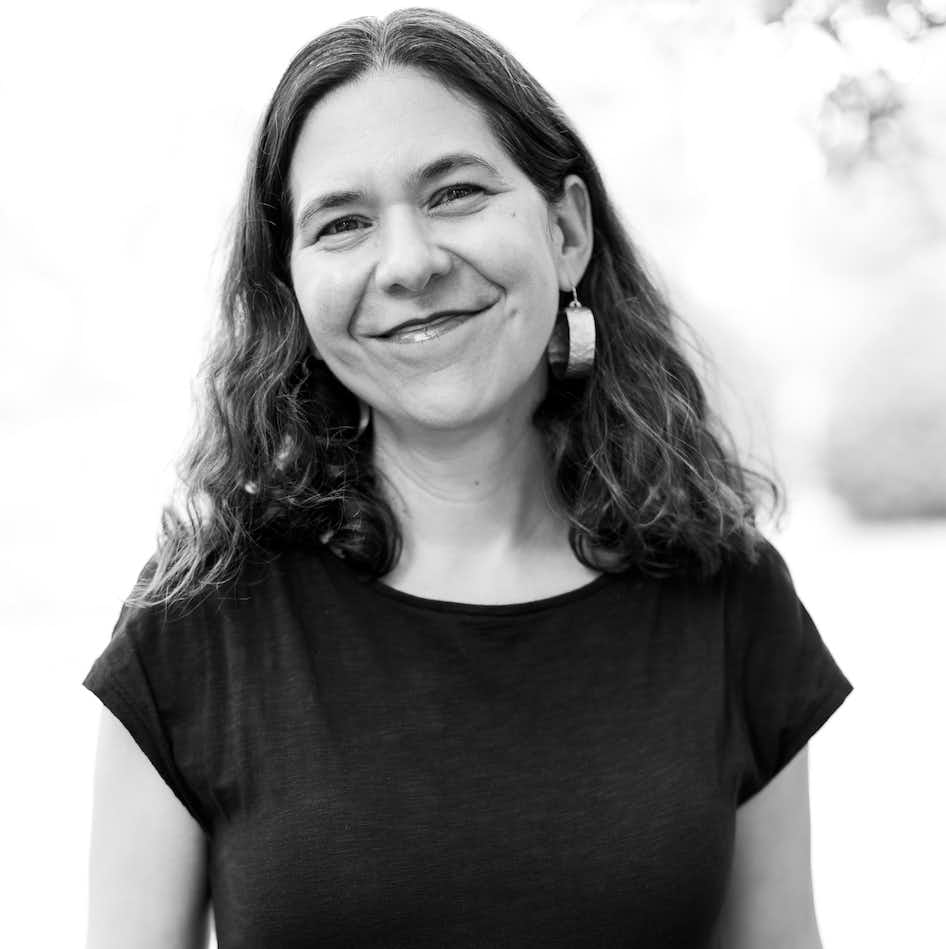
Medical Research: Evaluating Claims and Facts
What is the role of research in articles that make medical claims and share findings? Is the research conducted ethically? Does the media get it right? In this course, you’ll learn how to be a critical consumer of medical research. You’ll identify research methods and the importance of ethics in the field. You’ll know what questions to raise when reading traditional and social media stories about medicines, hear the perspective of both MDs and PhDs, and explore potential college majors and career paths related to medicine, medical research, and science.
Program Dates
Choose the course length that works for you: 2-week and 4-week sessions
Eligibility
For students ages 13 and up
Individual Course Fees
$1,895
Become a Critical and Strategic Medical Researcher
Answer the Question — What is Medical Research?
Claims about health and wellness abound about trending healthcare topics. But how do you know they’re valid? Examine the various methods of medical research, including their benefits and limitations.
Review the Purpose and Need for Ethical Standards
Discover the ethical standards that protect research participants and patients receiving medical care. Consider the history of ethics in research and why human research demands ethical methods.
Locate and Evaluate Medical Research Like a Pro
Use a strategic process for finding and reading medical journal articles. Learn how to assess the quality and reliability of published research.
Explore the Role of Traditional & Social Media
Discover how journalists choose which research to cover. Consider how disinformation and misinformation happen, and the questions required to verify health information on social media.
Understand the Need for Constant Evolution
Discover how and why medical research evolves, and examine how reproducibility and retractions affect the reliability of research findings. Determine how medical professionals keep up with research findings as they care for patients.
Course Conclusion & Final Capstone Project
Investigate a medical claim found in traditional or social media to better understand how the media coverage compares to the research findings published in a medical journal article.

How You Will Benefit
- Identify medical research methods and the strengths and limitations of the various research methods.
- Describe the benchmarks of ethical medical research, why these benchmarks exist, and their importance in the field.
- Know how to locate published medical research and read medical research articles effectively.
- Know when and how to question claims of medical evidence when presented in traditional and social media.
- Hear from MDs and PhDs about their approach regarding medical research.
- Complete a Final Capstone Project to demonstrate what you’ve learned.
- Earn a Certificate of Completion from Northwestern University.
Three Learning Advantages Designed for You
Final Capstone Project
This online course culminates in a Final Capstone Project that allows you to:
- Use what you have learned to investigate a medical claim found in traditional or social media.
- Locate a medical journal article to compare reliable published research to the claim.
- Rewrite the original claim in a way that more holistically addresses the methods, ethics, and findings of the article.
Mentoring
You’ll receive guidance from a mentor who can support you and answer questions as you deepen your learning experience. You can expect:
- Expertise in each course’s particular field.
- Encouragement and feedback on all assignments.
- Inspiration, motivation, and confidence to help you succeed in your studies.
Flexible Learning
- 100% online learning that works with your schedule.
- You’ll learn through engaging video lessons. Watch anytime that works for you.
- 20-30 hours of total instruction and course work, including engaging multimedia, simulations, and curated assignments for which you will receive guidance and support from mentors.
Apply Now for the Next Available Course
All course options have the same educational content, learning materials, and number of assignments. We are offering a condensed version of the course in order to accommodate students’ individual schedules.
Hear From Northwestern University
Course Designed by Northwestern Faculty

Sarah Rodriguez, PhD
Associate Professor of Instruction, Global Health Studies, Weinberg College of Arts & Sciences; Lecturer, Medical Education, Feinberg School of Medicine; Faculty, Medical Humanities & Bioethics Graduate Program
Professor Rodriguez is a medical historian who focuses on the history of women’s reproductive health since the early 20th century, the history of clinical care, and the history of clinical ethics. Prior to joining our faculty, she was a postdoctoral fellow at Northwestern University, first in the Woodruff Laboratory with the Oncofertility Consortium and then in the Medical Humanities and Bioethics Program.
Meet Your Mentors

Alexys
Holds a BS in Neuroscience and a BA in Psychology and is currently a MD/PhD student. Has spent time volunteering as an EMT, working in the Emergency Department, and completing independent research projects.

Niha
Holds a Bachelor of Science in Biology with a minor in Health Sciences. Worked as the Biology Undergraduate Departmental Representative at her university.

Hannah
Undergraduate student majoring in Sociology on the Pre-Medicine track. Serves as a student researcher examining the impact of the Opioid Crisis on physicians' ethical decision-making processes.

How To Apply:
It’s easy. No transcripts or letters of recommendation are required. Just provide some basic information and tell us why you wish to take this program.
Note: Please submit all application materials in English.
Begin the guided application process. It should take only a few minutes of your time to answer the questions.
Want to Know More?
Sign up for more information and we’ll be in touch.
Admissions
Our application process is easy. You can expect a prompt decision.
Frequently Asked Questions
How will you be graded? What are assignments like? How much time do you have to turn around a project? When do you find out if you're admitted? Find answers to your questions here.
Scholarships
We offer need-based scholarships for participating students who exhibit high potential and an inability to pay the full tuition.
- If you haven’t applied to the program, apply here. After submitting your application, click “Apply for a need-based scholarship” on the confirmation page to request a scholarship.
- If you’ve already applied to the program, sign in to your Profile to check your scholarship status. If we don’t have a scholarship request on file, click “Apply for a need-based scholarship” to request a scholarship.